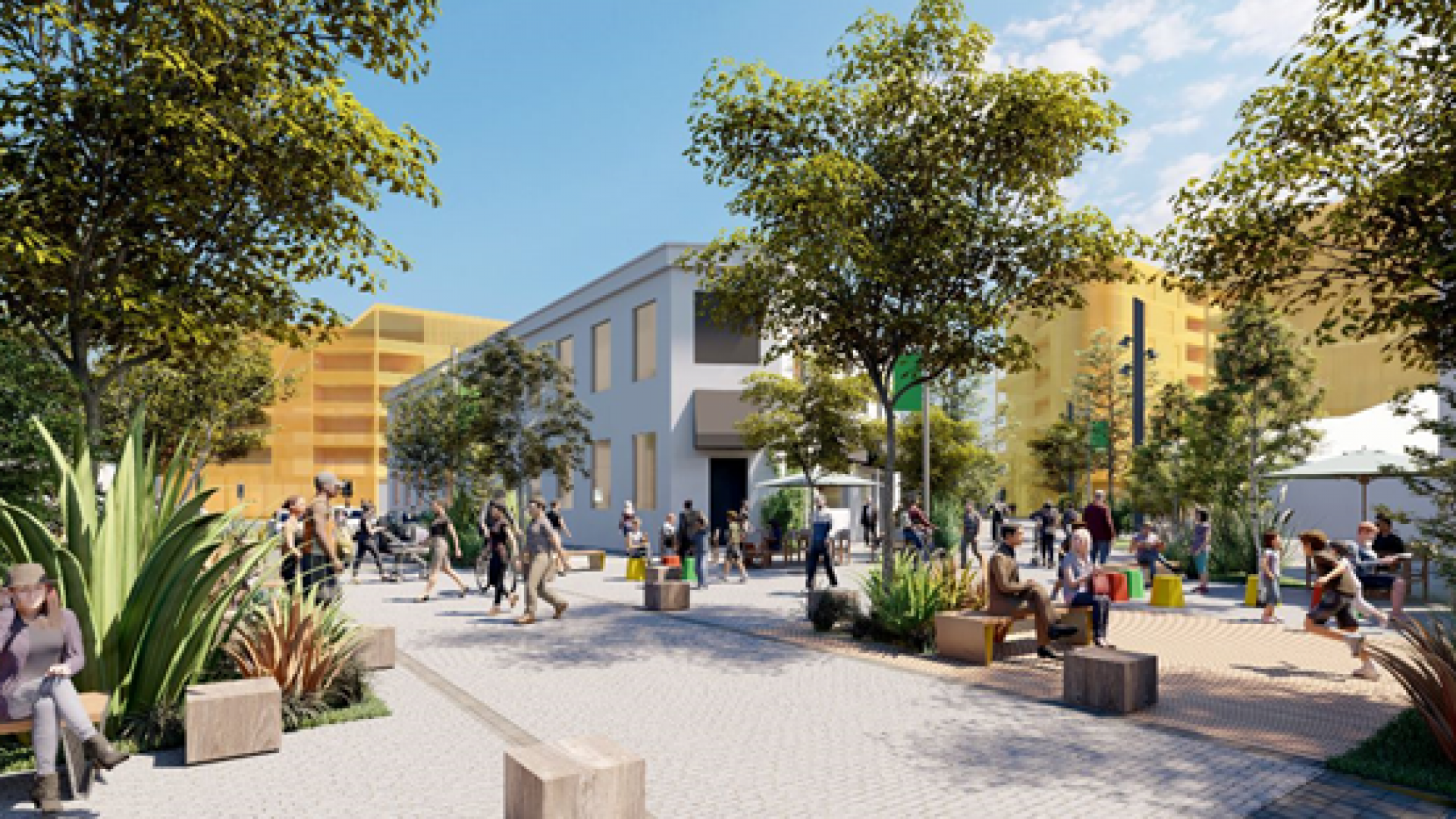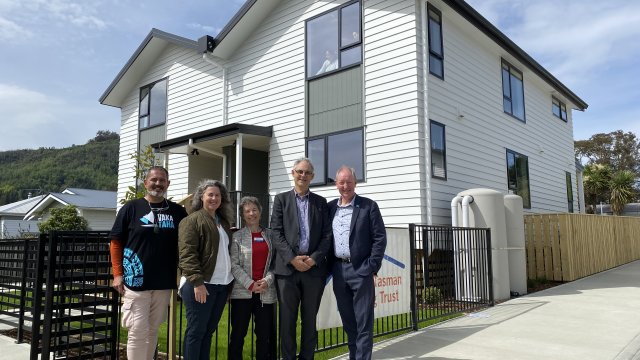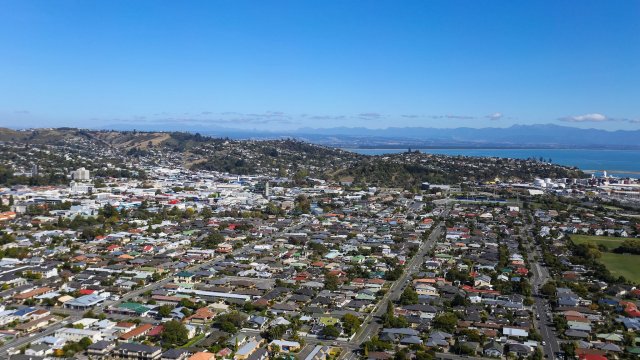Proposal for city centre social and affordable housing up for approval
26/10/2021 12:30pm
Nelson City Council will decide at Thursday’s Council meeting (28 October) whether to progress with plans to sell city centre properties to Kāinga Ora for development of up to 175 social and affordable houses, after public feedback showed majority support for the proposal.
Feedback was open from 30 August to 1 October, and Council received 276 responses. Of these, 53% supported the proposal, 37% stated they did not support it, 5% didn’t know if they supported it, and 5% stated no preference.
Nelson Mayor Rachel Reese said that regardless of whether people supported the proposal or not, the feedback reinforced that housing is one of the most pressing issues for Nelsonians.
“The strength of a public feedback process, is that Council can make a sound decision on the sale, knowing it enjoys support from the majority of people in Nelson, but it also allows us to make changes to the proposal to address those very real concerns that some in the community have.”
Those who supported the proposal spoke about a dire need for more social and affordable housing in Nelson, thought having more city centre residents was a desirable goal, and that city centre housing should be available to people at a range of income levels.
Urban Development Sub-committee Chair Judene Edgar said that submissions from a wide variety of demographics and organisations demonstrated how far the effects of the housing crisis were felt.
“We have supportive submissions across the spectrum of need - families that are struggling to find a reliable, healthy rental; single older women who are worried they will not be able to afford housing in the future, students living in overcrowded accommodation far away from NMIT; parents lamenting the lack of options for grown children; and even homeowners who empathise with the struggles of those people who haven’t been able to get on the property ladder.”
Submissions were also received from the Ministry of Social Development, Nelson Marlborough Health, Oranga Tamariki, community housing providers, Community Action Nelson, Youth Council, the Chamber of Commerce, and the Nelson Regional Development Authority, and the NMIT Student Association.
Most people who did not support the proposal said they were concerned it would result in more anti-social behaviour and crime in the city centre. Emergency and Transitional Housing in areas like Wellington, Auckland and Christchurch were commonly used as examples of what could be expected.
Councillor Edgar said it was notable that many of the respondents who did not support the proposal did not appear to take into account that more than 50% of the development would be affordable housing.
“Social housing will provide people who are already your friends and neighbours with a much-needed secure home, it is not the same as emergency or transitional housing. The greater portion of this development will be for affordable rental and ownership options resulting in the sort of mixed-tenure model we know creates sustainable and supportive communities.”
If elected members approve the report’s recommendations, current tenants will be informed of the decision and how that will affect their tenancies, noting however that Kāinga Ora will undertake due diligence before making any commitment to purchase or agreeing a Memorandum of Understanding (MOU) with Nelson City Council.
After reviewing the feedback, Council staff have recommended the following additional conditions be attached to the sale or included in the MOU:
- If construction has not started within three years the land should be offered back to Council at sale price, less the value of any work that may have reduced its value.
- Council will have first right of refusal should Kāinga Ora seek to sell all or part of the site at any time
- Council officers to be part of Kāinga Ora teams responsible for decision-making and design
- Kāinga Ora will seek to commission a local architect to be part of the design team to ensure the building fits well with our City Centre and meets Council priorities around intensification and affordability, active transport and sustainability.
- Kāinga Ora to work with local housing providers, developers and iwi where reasonably possible
- Kāinga Ora to work with local construction companies, and use locally-sourced materials, where reasonably possible
- Kāinga Ora uses its own placement principles to allocate social housing to tenants who will be the best possible fit for inner-city apartment living
- That Kāinga Ora communicates on progress to the community



